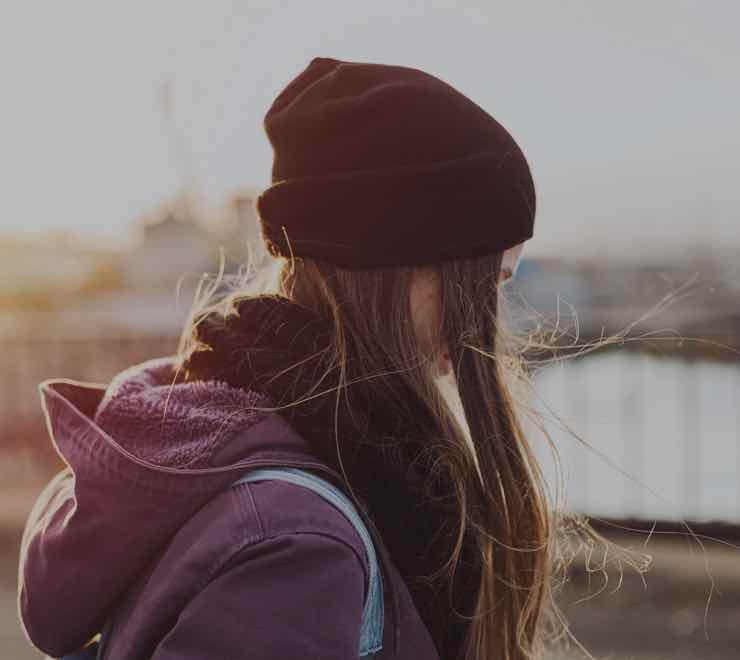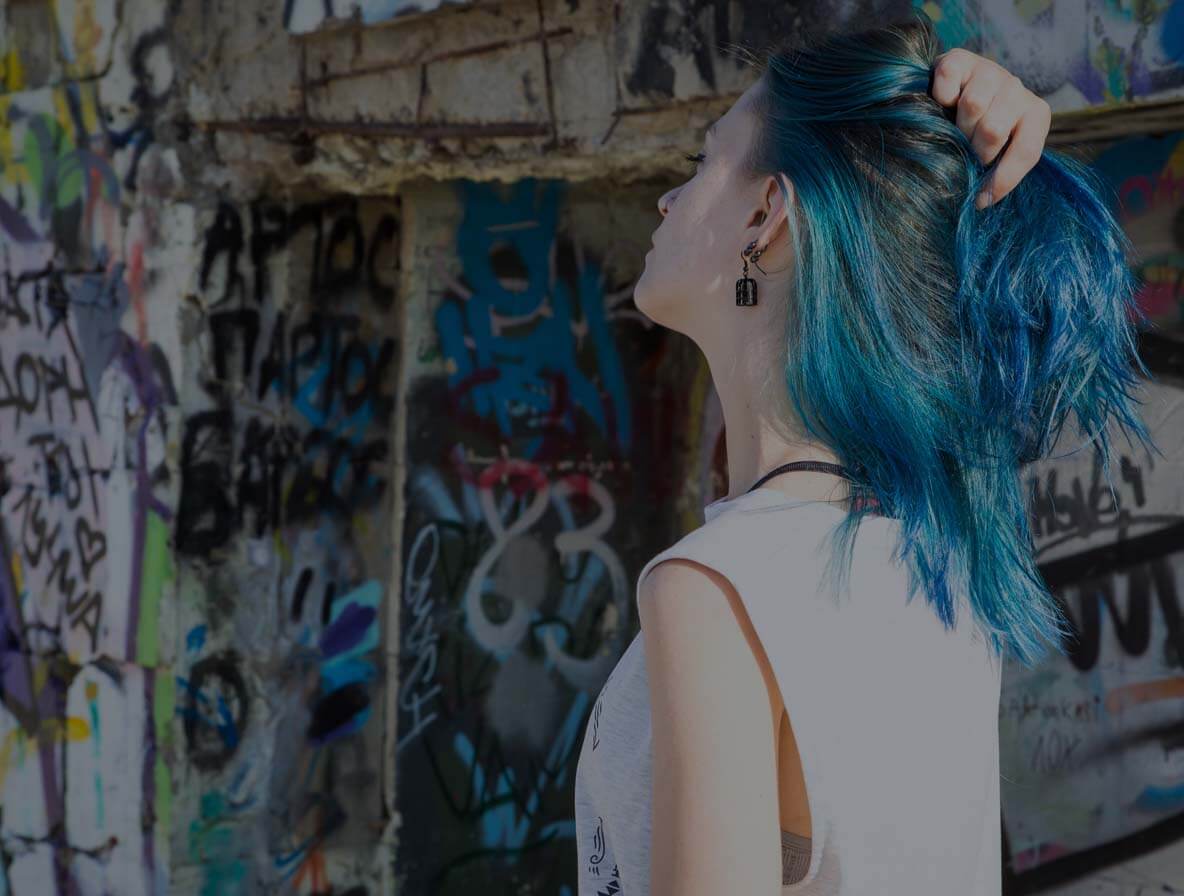All types of human trafficking are illegal and never OK. If you’re being affected by human trafficking, it’s important to remember it’s not your fault. There are things you can do to get support.
Human trafficking is when a person is manipulated, controlled and forced to do things against their will. People affected by human trafficking are being exploited (used) in some way (e.g. sexually, physically, etc.) to benefit someone else. Human trafficking means that people are being transported, bought and sold (as opposed to something like drug trafficking, where drugs are the item being sold).
There are different types of human trafficking, including:
- sexual exploitation
- sex trafficking
- forced labour
- slavery
- forced organ removal
- forced marriage
What is sex trafficking?
In Canada, sex trafficking (e.g. forced prostitution, etc.) is the most common form of human trafficking (although it’s common to experience more than one type of trafficking at a time). People who live in Canada, as well as people forced to come to Canada, can be victims of trafficking. Remember, all types of human trafficking are illegal.
Sex trafficking usually begins with recruitment. An exploiter will use tactics to develop a relationship with you (called grooming). Grooming may include:
- lots of compliments
- attention and affection, where you may feel like the only person in the world
- special gifts and money
- a person telling you they love you, especially early in a relationship
While these things often feel nice and may seem like part of a normal relationship, after some time, exploiters will use these feelings to guilt you into doing “favours.” These favours usually start small (e.g. counting/carrying money) and grow bigger (e.g. performing sex acts). It’s very important to pay attention to how a favour makes you feel. If you’re uncomfortable, this is a warning sign.
The exploiter may use physical abuse, threats, lies and manipulation to coerce you into doing what they want. They often use fear and guilt to convince you to continue doing favours, like telling your parents/caregivers about something sexual you’ve done or calling the police and reporting something illegal you’ve done or helped with. They may also give less affection, compliments and gifts over time.
They may control who you talk to, what you’re allowed to wear, where you go and what you do. They may also take away things you need (e.g. your bank card, passport, ID, money, etc.) to prevent you from escaping.
You may consent to all, some or none of the activities the exploiter tells you to do. It’s important to remember that under the Criminal Code of Canada, you can’t consent to abuse. It’s common for exploiters to blame victims, but it’s important to remember that what’s happening to you is not OK and not your fault.
I’m being affected by human trafficking — what should I do?
If you’re experiencing any type of human trafficking, it’s important to know it’s not your fault. Being the victim of human trafficking is often a very traumatic experience, but there is help and hope available.
If you’re being affected by human trafficking, you may feel:
- angry
- guilty
- ashamed
- afraid, cautious or confused
- worthless or alone
- sad or depressed
- anxious
- like you don’t have control
- like you can’t trust anyone
These are all common reactions to exploitation and abuse, but if you’re feeling something else, that’s OK too.
People who experience human trafficking may also be at risk for things like:
- post-traumatic stress disorder (PTSD)
- drug and alcohol misuse
- thoughts of suicide
- pregnancy and sexually transmitted infections (STIs)
- homelessness
Remember, being the victim of human trafficking is not your fault. What you’re experiencing is a crime against you and you’re not to blame for the exploiter’s actions.
If you’re being affected by human trafficking, there are many things you can do to get support. Here are some ways to ask for help and keep yourself safe:
- Tell a safe adult: you can tell a safe adult (e.g. a parent/caregiver, teacher, youth worker, counsellor, etc.) about what you’re experiencing. You can say, “There’s something I need to speak with you about. I’m being abused and I need help.”
- Make a safety plan: whether it’s with a safe adult, friend or on your own, creating a safety plan can help you escape from an abusive situation. Kids Help Phone’s Safety Planner can help you identify the things you need to protect yourself. Resources Around Me can help you locate support services (e.g. legal help, counselling, shelters, etc.) in your community.
- Contact emergency services: if you’re in immediate danger or are injured, it’s important to report the abuse and contact 911 or the emergency services in your area for help. You have the right to report the trafficking you are experiencing or have experienced. If you’re worried about any illegal acts you may have engaged in while being exploited, you can seek advice from a lawyer. You deserve to feel safe and be free from exploitation.
- Educate yourself: do some research on healthy relationships, dating violence and sexual exploitation and abuse. Knowing the facts can help you talk about your experience and learn more about the resources available to victims.
- Talk about it: discussing a problem can help you work through the issue, your feelings and next steps. Consider talking to a friend, family member or someone else you trust about what you’re going through. Kids Help Phone’s counsellors are available 24/7 at 1-800-668-6868. You’re never alone.
Remember, leaving a violent or abusive situation can be very difficult. It may take you more than one try to get the support you need. People who experience human trafficking are often hesitant to reach out because they’re afraid of punishment from the exploiter, arrest by police and shame from family and friends. It’s important to ask for support, create a safety plan and learn more about your options to find a way out. You deserve to feel safe, healthy and happy.
Your safety is important. Remember to close your browser windows, delete your browsing history and clear your cache to protect your privacy. You can learn more about Internet safety at Cybertip.ca.








